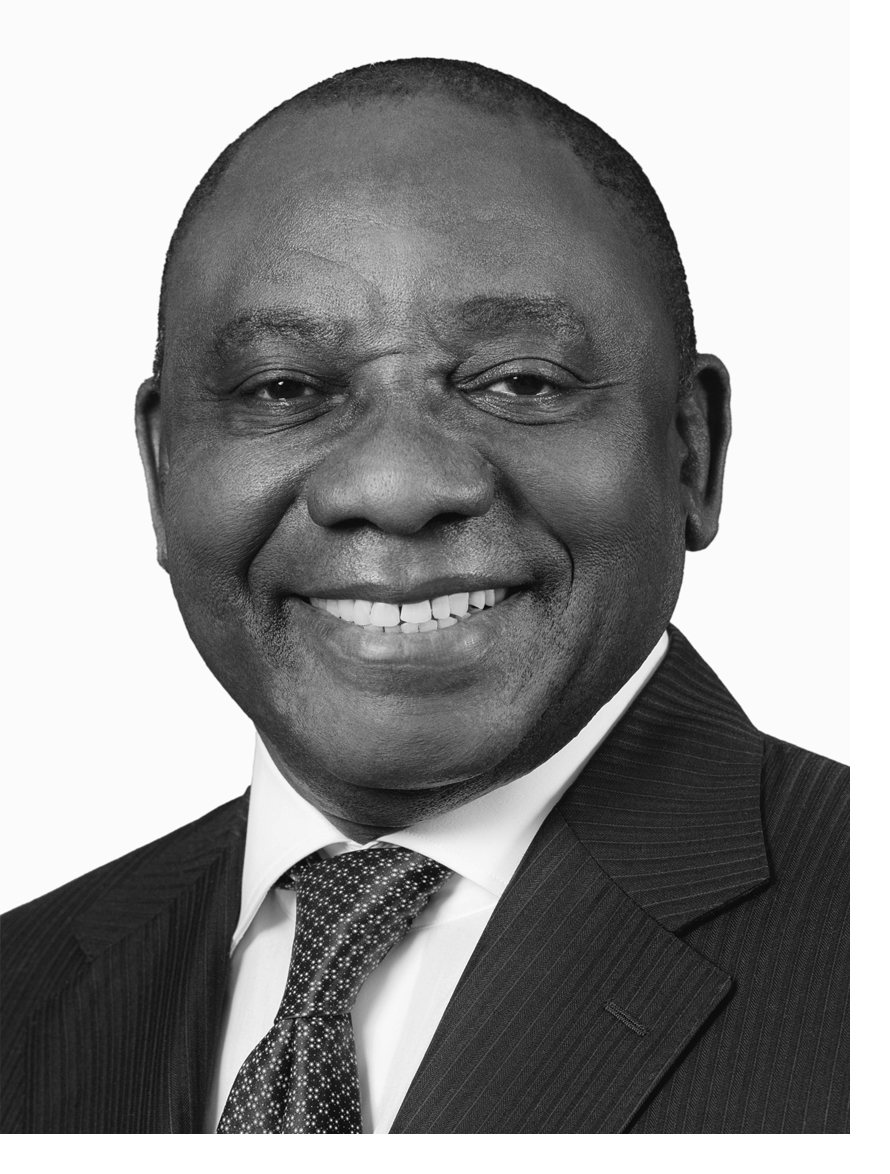Address by President Cyril Ramaphosa at the 2021 Basic Education Sector Lekgotla

Programme Director,
Minister of Basic Education, Ms Angie Motshekga,
Ministers and Deputy Ministers,
MECs,
Members of Parliament and Provincial Legislatures,
Leaders of various political, trade union and civil society formations,
Fellow South Africans,
Thank you all for attending this Basic Education Sector Lekgotla.
This is an opportunity for us to reflect on the actions we must take now to build a better future for the youth of this country.
I wish to begin by congratulating the Class of 2020 for the overall pass rate of 76.2 per cent in the National Senior Certificate examinations.
This is an outstanding achievement considering the huge disruption caused to the academic year by the coronavirus pandemic.
We are grateful for the efforts of Minister Angie Motshekga and her team and all the stakeholders and partners in the education fraternity.
Thanks to their resilience, tenacity and persistence, we were able to salvage the academic year.
Our educators, like our health professionals, gave of their best this past year.
They displayed the utmost professionalism in going to teach despite the risks.
We are deeply saddened by the educators who we have lost to COVID-19.
We pay tribute to them and, once again, extend the sympathies of the entire nation to their families and colleagues.
As we reflect on the past year, with all its hardship and difficulty, our greatest congratulations go to our matriculants.
You have done well, and you have done yourselves and your families proud.
I encourage those who did not make it this year to take advantage of the opportunities provided through the Second Chance Programme.
Do not see this as a failure, but as a setback from which you can learn, and from which you can recover.
The future of this country is in the hands of our youth.
If we are to meet our developmental goals, we need to provide young people with quality education that prepares them not just for the challenges of the present, but also for the opportunities of the future.
This year’s lekgotla is about equipping learners with knowledge and skills for a changing world.
Not only must we adapt to new ways of learning, but our curricula has to respond to the changes in the world of work.
In addition to having the right content, technologies and a safe learning environment, we must ensure that our young people are grounded in an ethos of learning and industry.
The coronavirus pandemic has highlighted the digital divide in society, particularly with regards to the adoption of technologies for learning and teaching.
It underscores the need to intensify efforts to ensure connectivity and equitable access to data.
This calls for stronger public-private partnerships to ensure that we mobilise the necessary resources to help our learners.
One of the key focus areas of the Economic Reconstruction and Recovery Plan is boosting education and skills development.
Our schools must teach the skills that will both support the growth of the economy and enable financial inclusion.
We don’t want an economic recovery that only benefits some people. It must benefit all.
The higher education sector recently raised concerns about the large numbers of learners in subjects for which there is less demand in the economy.
This challenge begins in the early years – firstly, with subject choices that limit future opportunities for learners, and, secondly, with the poor performance of learners in the science, technology, engineering and mathematics fields.
Equipping learners with the knowledge and skills for a changing world necessitates a relook at these critical subject areas and the curriculum in general.
As we review the matric results, one of the prominent indicators of quality is how the country is doing in these STEM subjects.
If we are to seize the opportunities of the Fourth Industrial Revolution, our education system must be reoriented towards its development in our country.
Studies show that the country lags behind in the information technology skills needed for the digital revolution.
It will not be possible for us to build an e-skilled economy as envisaged in the National Development Plan if we do not pay attention to subject areas at basic education level.
Even as the pandemic delayed the process last year, the Department of Basic Education is making headway on the national rollout of coding and robotics.
The draft coding and robotics curriculum has been submitted to Umalusi for evaluation and quality assurance, and a draft curriculum will soon be gazetted.
During the course of this year, 200 schools will be piloting the draft curriculum from Grades R to 3 and 1,000 schools will be piloting the Grade 7 curriculum.
However, focus on these new areas should not come at the expense of basic skills such as reading for comprehension.
We also have to continue to invest in early childhood development as the foundation for cognitive development, and create policy certainty where it is lacking.
Knowledge and skills for a changing world also include emotional stability, intelligence and an environment where learners are safe from abuse.
We need to build stronger social compacts that put learners and their education first.
The past year has been extremely difficult, but the people of this country have shown great resilience and resolve.
The year ahead will also be challenging, but we now have a clear path to recovery.
And with our focus on developing the skills that children need for a changing world, we also have a clear path towards a better future.
I thank you.




